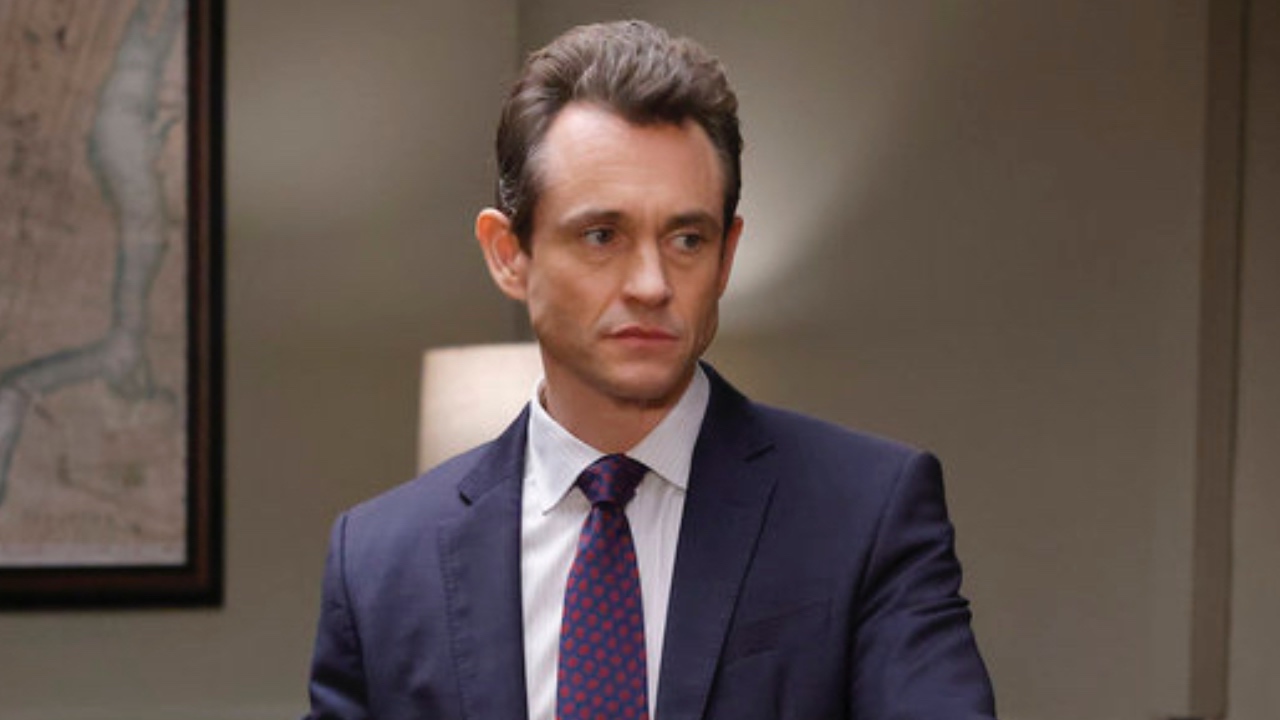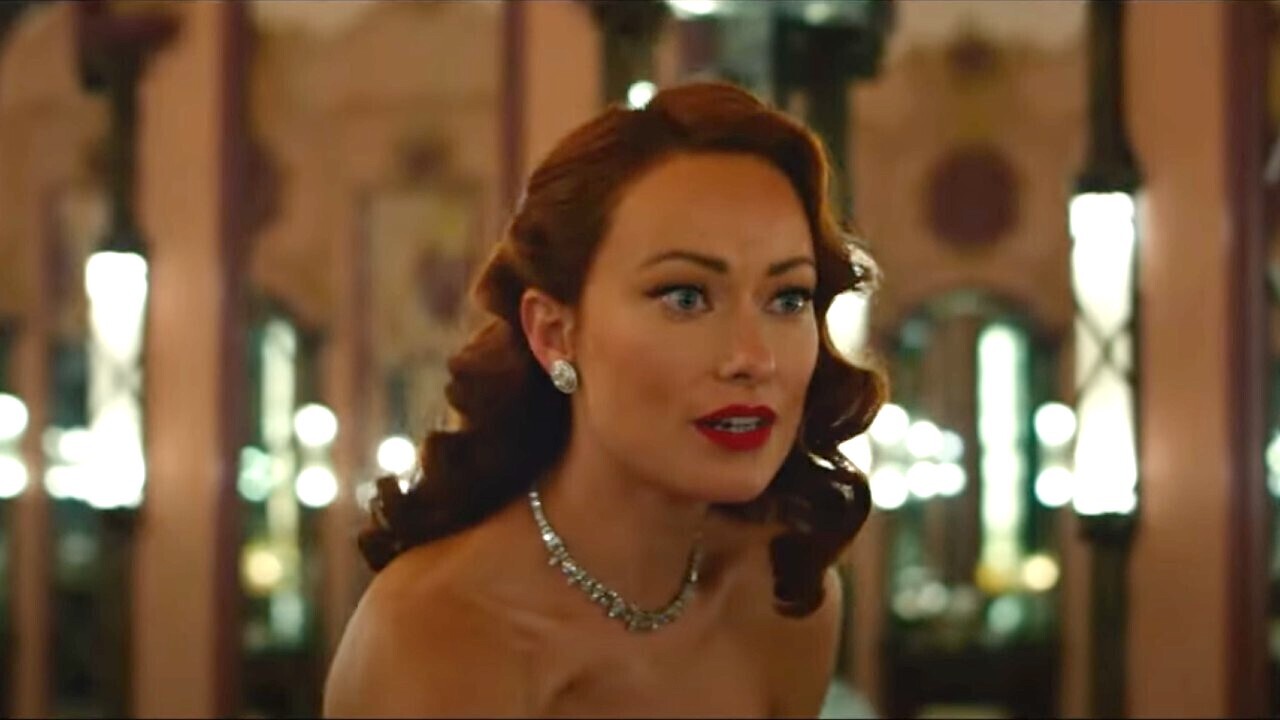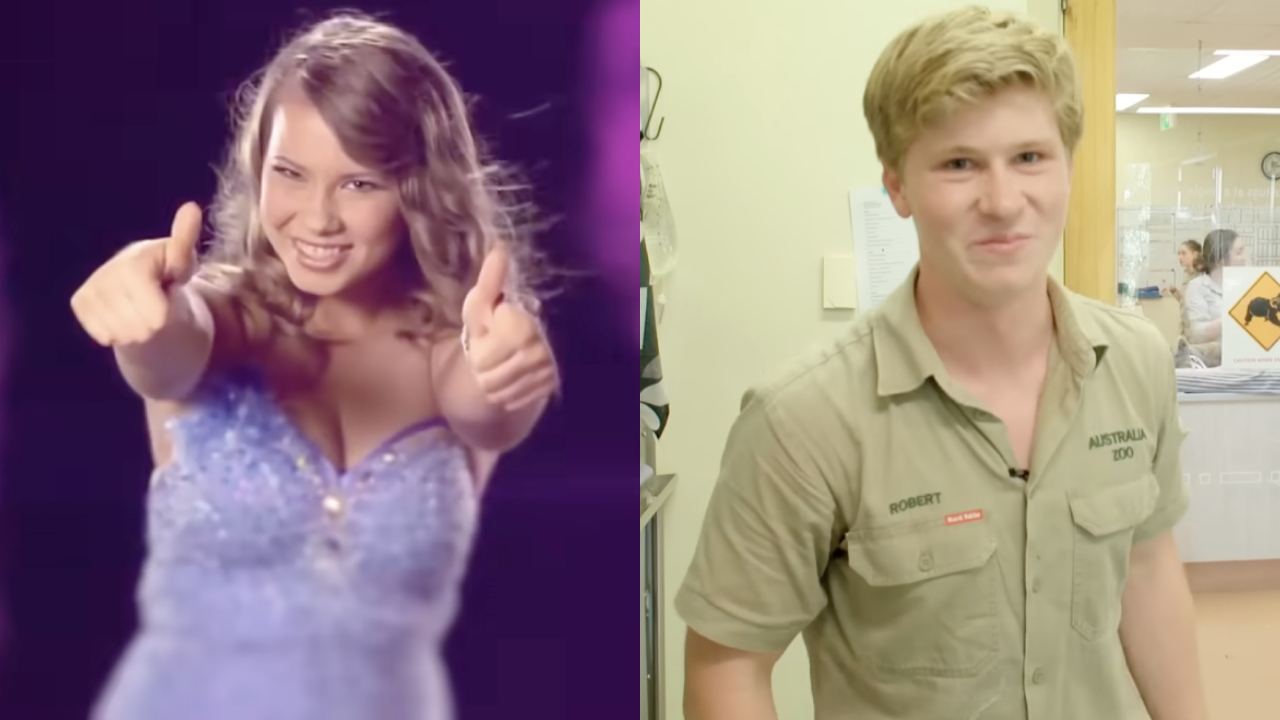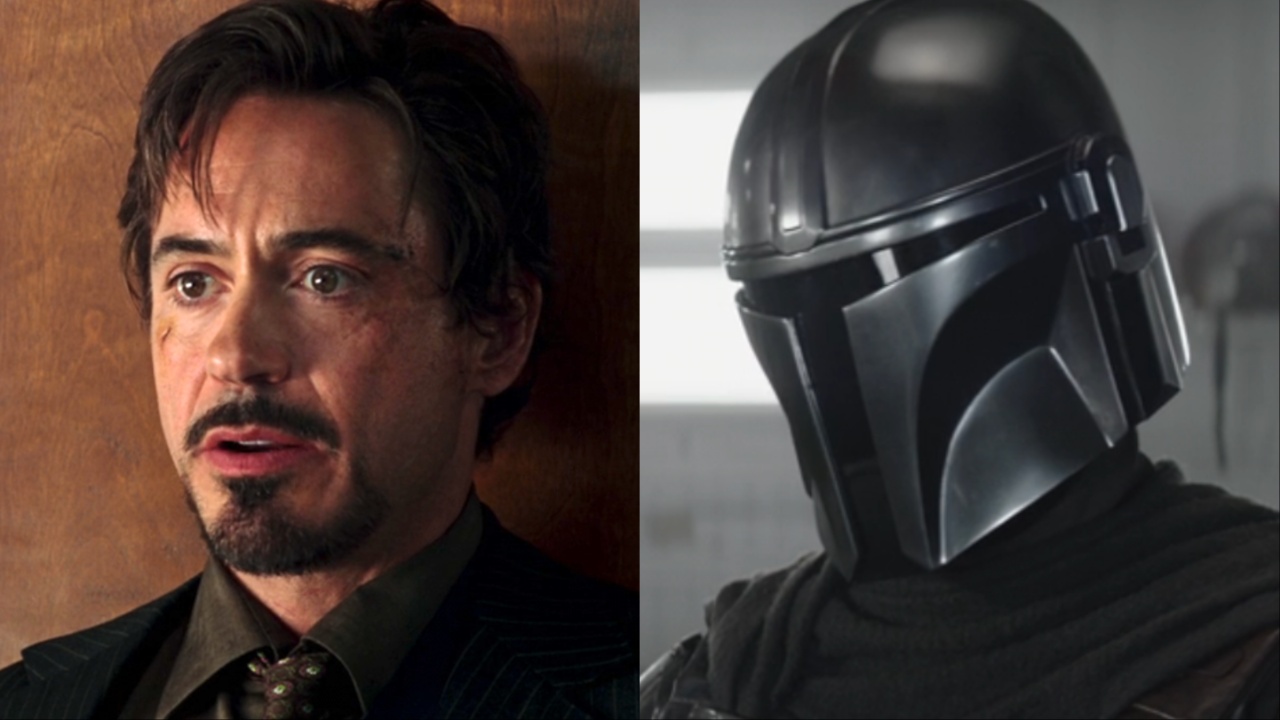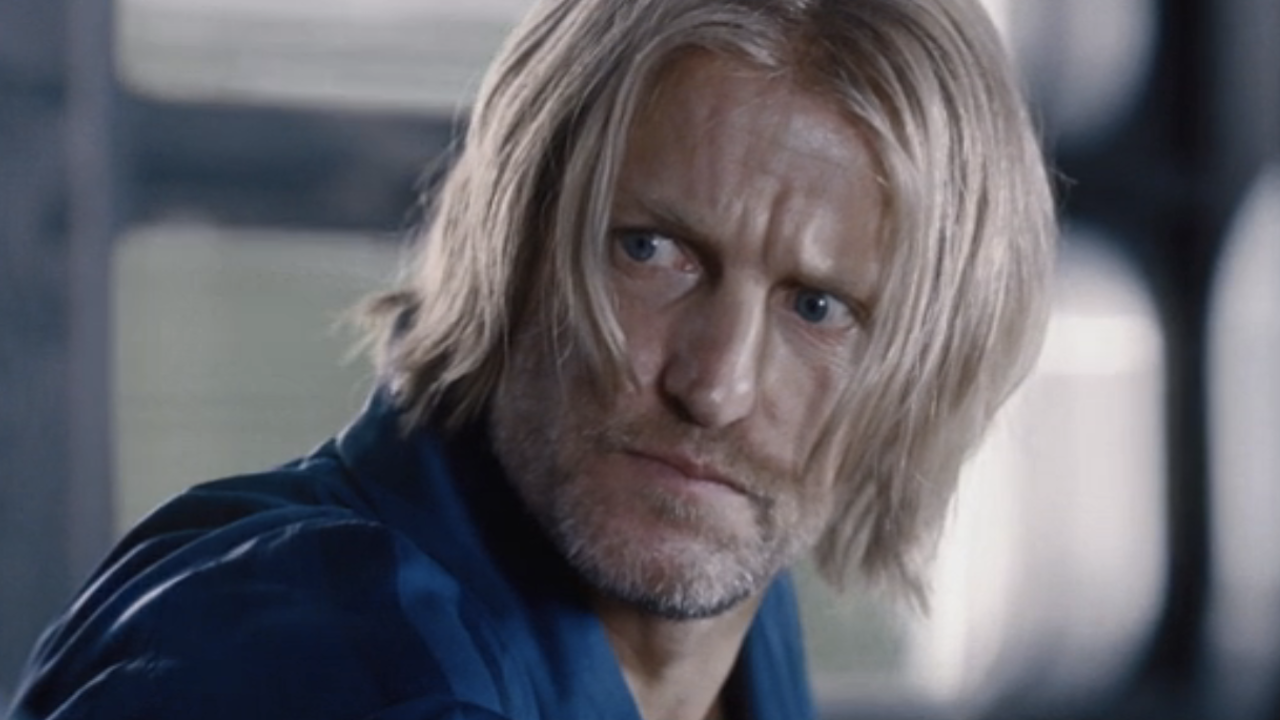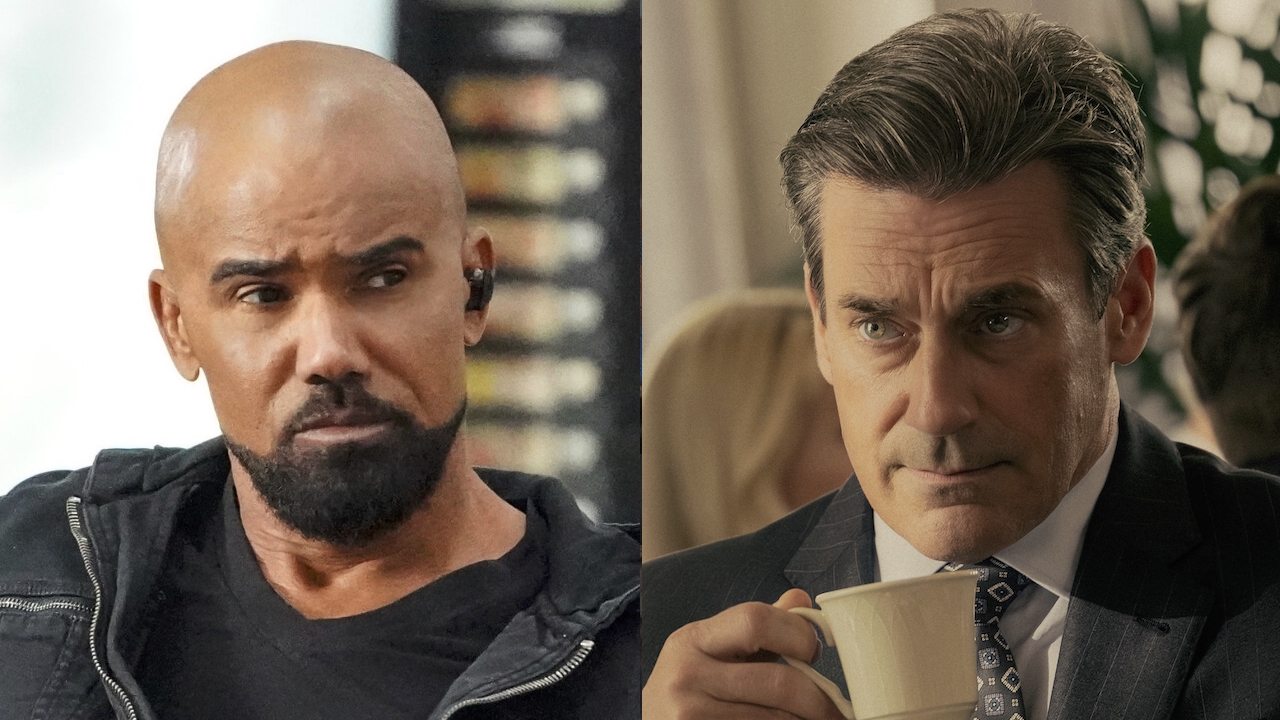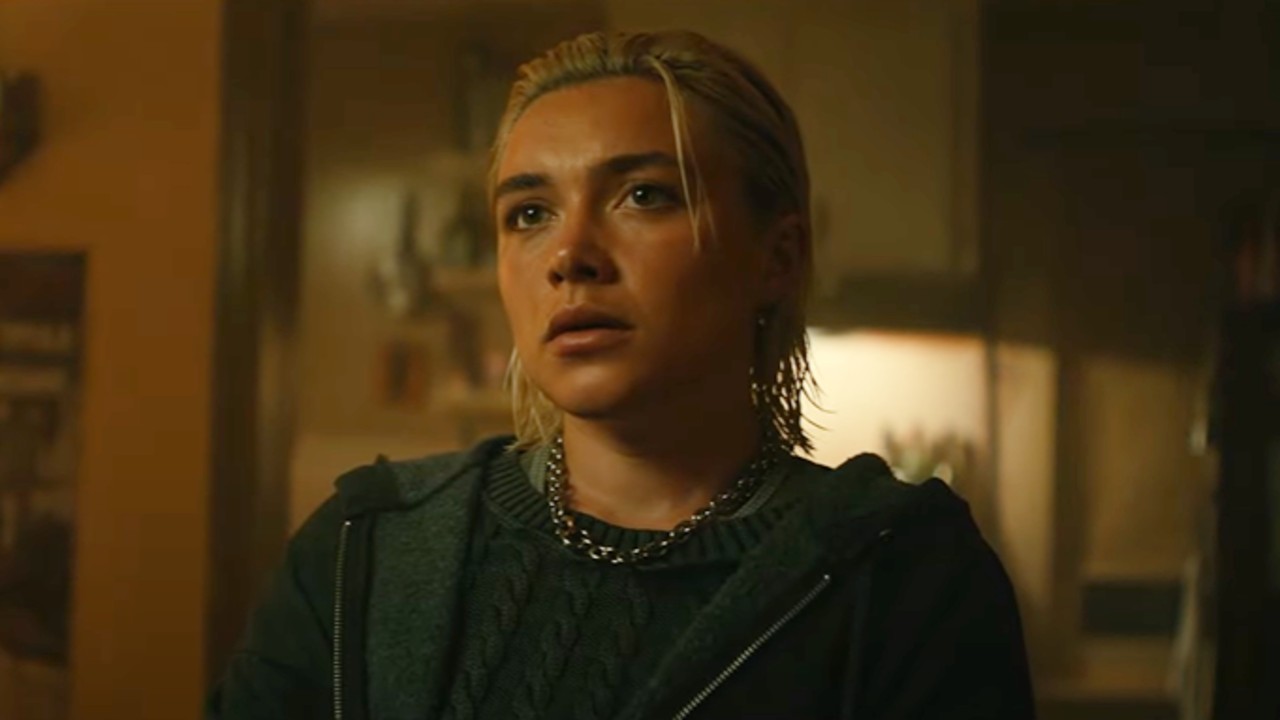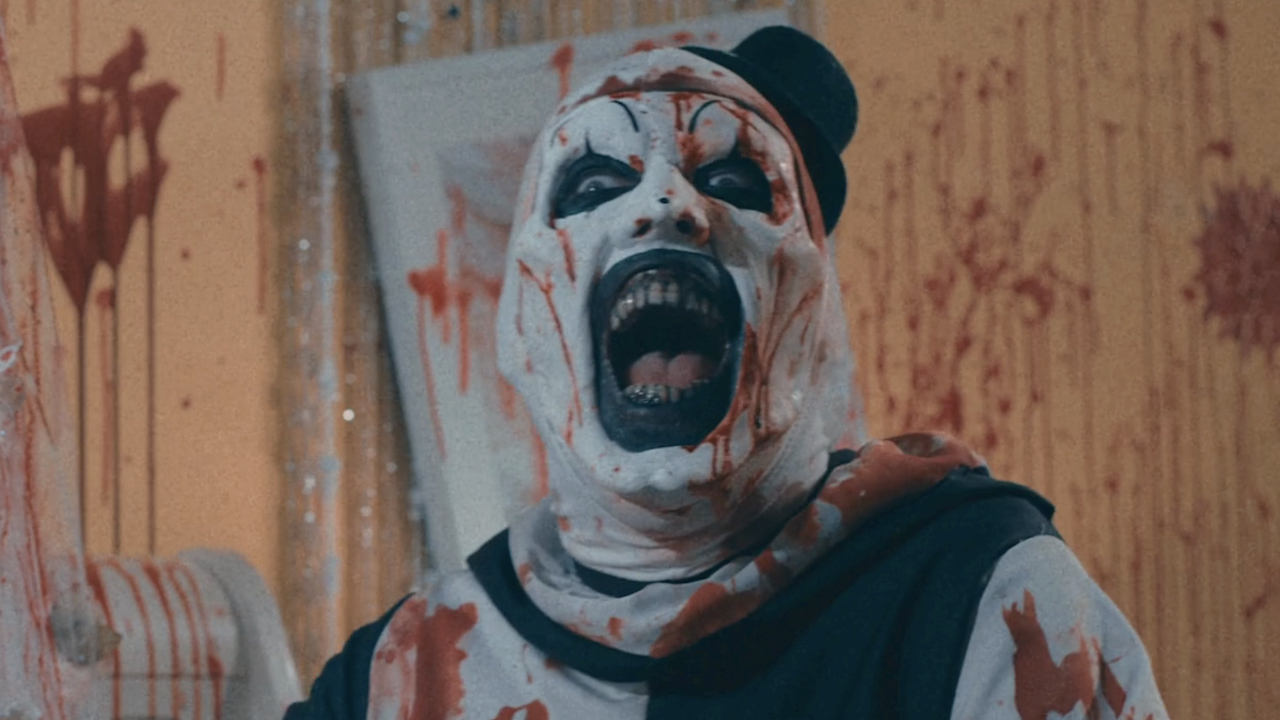Interview: Michael Fassbender Embraces Weirdness And Modernity In Jane Eyre
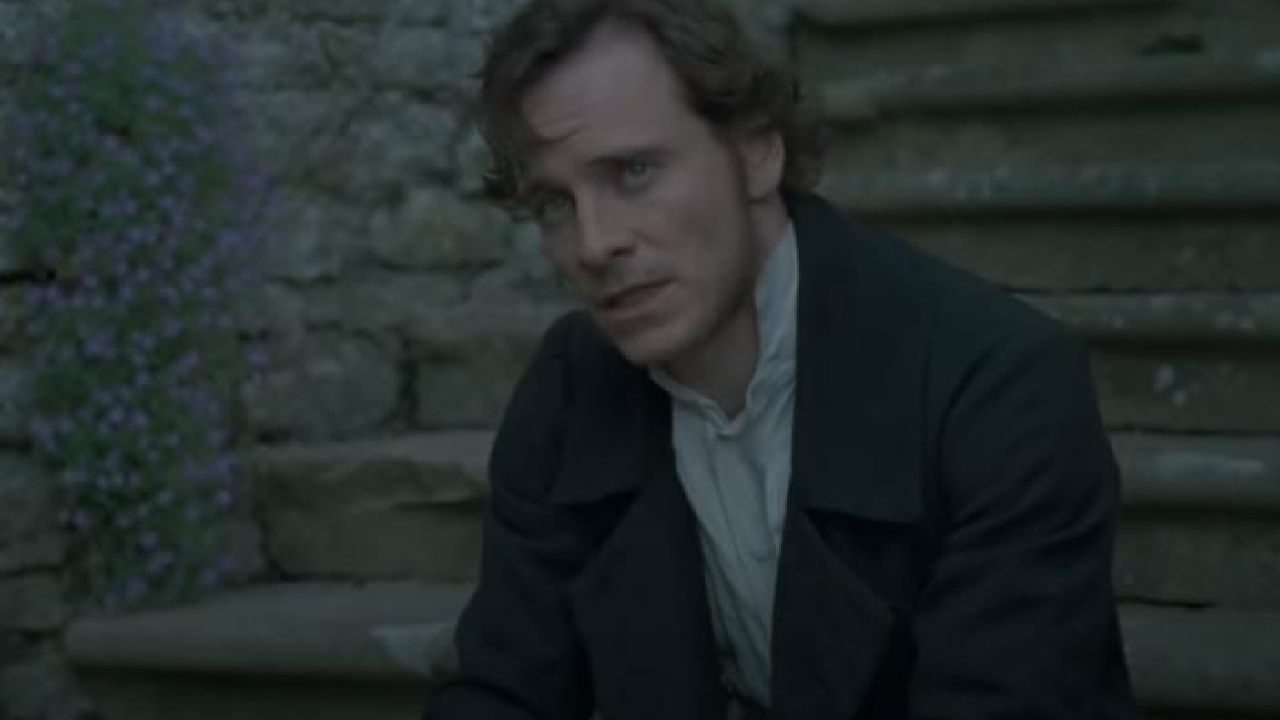
Since breaking out among indie film fans with his committed and unforgettable performance in Steve McQueen's Hunger, Michael Fassbender has worked with a dream team of directors: Quentin Tarantino (Inglourious Basterds), Steven Soderbergh (the upcoming Haywire), David Cronenberg (the upcoming A Dangerous Method), Andrea Arnold (Fish Tank) and, yes, Matthew Vaughn (this little thing called X-Men: First Class). But for Jane Eyre, Fassbender teamed up with 33-year-old director Cary Fukunaga, whose single previous feature Sin Nombre was outstanding, but not exactly a career that speaks for itself like Cronenberg's or Tarantino's.
Not only that, but Fassbender was tackling the role of the moody, imperious romantic hero Edward Fairfax Rochester, the enigmatic love interest played in the countless Jane Eyre adaptations by the likes of Orson Welles, George C. Scott and William Hurt. But together with co-star Mia Wasikowska as Jane, Fassbender and Fukunaga pulled off the unthinkable-- an adaptation of Jane Eyre that makes the story feel fresh and vital again. I talked to Fassbender a few weeks ago in all the challenges of making that happen, from wrapping his mind around the complicated language of Charlotte Bronte's novel to moving away from the Welles performance, which with all due respect he calls "dated." He also talked about the other directors he's worked with recently, and how Fukunaga's style compares to Cronenberg and Soderbergh, among others.
Check out my interview below, and if it's playing near you please see Jane Eyre this weekend or as it rolls out into wider release throughout March. It's wonderful.
Did you watch the version of Jane Eyre that starred Orson Welles?
To be honest with you it's dated for me. Orson Welles is amazing, but it's very dramatic, that performance. I watched all of them really, right up to Toby Stephens.
You seemed to recognize that the story has been done a million times. What convinced you it was worth doing again?
My mother and my sister, who are big fans of the book from when I was a teenager and growing up. I read Jane Eyre six or seven years ago, and it's a classic for a reason, because the characters are so fantastic and so complex and so detailed. I's an age-old story. That battle for love, and the fight that goes on until Rochester can finally… well both of them end up healing each other. They're both sort of wounded animals, and together they can find peace.
CINEMABLEND NEWSLETTER
Your Daily Blend of Entertainment News
Even though you're trying to get away from old-fashioned interpretations of the story, you've still got this older language to deal with. Is that a hurdle in getting the more modern version of the story across?
You have to work a lot at the language, because the language is the music of the piece. To try and find the right rhythms for that is the key. Sometimes the more dramatic the line, the flatter you would play it, but not always. When I watched Orson Welles, he's like "Jane, Jaaaaaane" and all these crazy faces. The gothic element of it, it comes through with the character is, that he's this Byronic hero. He encompasses the idealism, the destruction, the intelligence, the shady past, the passion and courage.
And there's this wild secret that's just part of who he is. It's not a big bombastic thing.
And I wanted him to be carrying it on his shoulders all the time. She's [Rochester's first wife, who lives in the attic] got a hold on all of them-- Rochester, Fairfax, Mrs. Poole, Jane by coming in the house. She starts to inhabit the house, and there's a living, breathing human being.
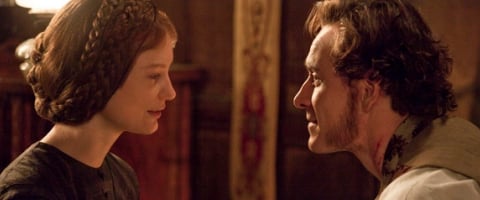
You've been doing all this work in the last year with this long list of amazing directors, to the point that it seems like you're choosing projects based on the director. Are you doing that, and how does Cary line up with all of these experienced directors you've worked with?
Cary, I just saw SIn Nombre and thought, this is a beautiful film. Cary has a real understanding of human beings and knows how to tell a story. And it's delicate and sensitive and violent and aggressive and uncompromising, I just thought he's a serious talent. That's kind of the only way I go about it. That really is what I do, I go by the director and the script. That's the easiest way to choose, it makes things pretty simple.
Is it different working with someone like Cary or Steve McQueen, who are new to filmmaking, and Soderbergh, who's made so many films?
It's just different techniques.What I found is, they're really nice. There's a sort of respect there, they kind of let you do your thing. They kind of sway you or nudge you, but there's no real direct direction. They're real filmmakers that understand the moment to moment stuff. They just have an awareness of how to go about a set. Soderbergh and Cronenberg, they're like engineers or scientists, they're so precise and clear. I'm pretty sure both of those guys are editing as they shoot. Cary is very quiet and reflective, and he does an awful lot of prep, and he's got a great eye for a free. And Steve McQueen, I'm working with him at the moment again [on Shame, currently filming in New York City], and he's pretty unique. When you're in good hands, you look good.
You've got these two huge movies coming [X-Men: First Class, in June, and Prometheus with Ridley Scott filming this year], where the acting is part of something much bigger than you. How is that different, and that director relationship different?
It's different but the nuts and bolts remains the same. What my job entails kind of remains the same. All the other stuff going on is different--it's much bigger, waiting for people. But it's also fascinating for me to look around and learn other things. What I like about the film thing is it's a coming together of people, and everybody has something to offer. Most people read the script, and you'll see it one way and I'll see it another way, and everyone will come with their thing. You put it in the middle and you sort the most interesting thing out of that.
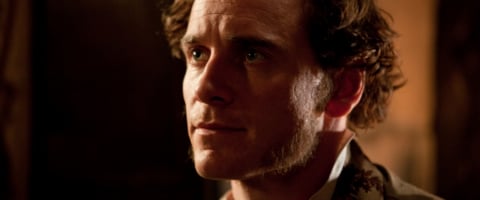
How much of that do you do on a movie like Jane Eyre, where the book is already there and it's so totemic?
Well the book's got everything in it. There's no reason to change something. Like people say, oh, do you improvise with Quentin Tarantino? There's no point. You can't really write anything better. He's written it, and you're not going to write it any better. You deal with what you've got to deal with, then you make sure you're not lazy with it. Every line is in there for a reason. Because the book is so dense, the tricky job for Cary and a writer is condensing it into an hour and a half.
What would getting lazy mean?
I don't know. I think with Rochester, for me it was trying to find what was going on in every scene. It was so easy to say, oh, I'll do moody over that. But why did he say that? Where did that line come from? Was he thinking about Jamaica there, or what's going to happen with Jane? It's not the obvious is what I'm saying. You don't want to fall back on tricks. He's so weird, and you want to find that weirdness as well as possible.
Staff Writer at CinemaBlend
I'm A Huge Donnie Darko Fan, And Talking To Beth Grant And Jolene Purdy About Reuniting For The Bondsman Was A More Adorable Experience Than I Expected
'I Have That Conversation At Least Once A Week': John Larroquette Talks Waiting On Night Court's Renewal, And I Love His Season 4 Ideas

